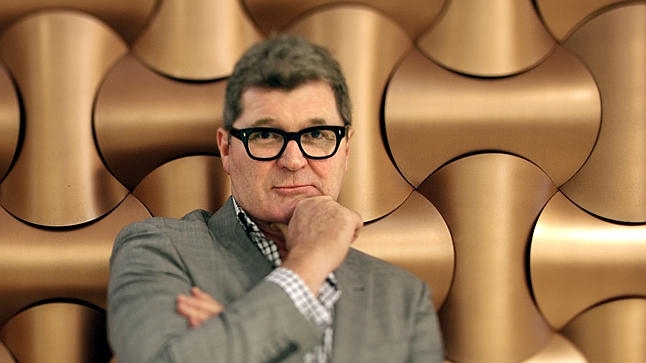How would you sum up HR professionals in three words?
They establish frameworks to facilitate human performance in the workplace.
What is the best advice you’ve ever been given?
Life is too short to be in the wrong role considering we work 48 of 52 weeks per year, for 40 years of our life. So, make sure you have a clear understanding of your key strengths and align yourself to roles that play to those strengths.
What are some of the biggest challenges that HR deals with?
Anecdotally, 50% of the people I work with are in the wrong job. People tend to fall into careers based on university entrance marks, parental and/or peer pressure, as opposed to pursuing careers aligned to their occupational interests which underpin motivation. What makes this issue more complex is that people leaders are often in the same boat, and have very limited knowledge on some of the key principles associated with capability, motivation and human performance. The key challenge therefore is to get the right people into the right roles, which in turn will turbo-charge organisational performance at no extra cost.
How do you see the role of HR changing in the future?
The concept of double and triple hatting will continue to gain traction across all functional areas as organisations continue to do more with less. In other words, areas of accountability will continue to grow.
What’s your favoured style of coffee?
Short black.
If you could invite three people to dinner, dead or alive and excluding family and friends, who would that be and why?
-
Nelson Mandela – He was the architect and catalyst for enormous social change, as a result of his ability to communicate complex issues simply.
-
Paul Keating - He was the architect and catalyst for large-scale economic reform.
-
Monty Python (if not the troupe, at least John Cleese) – Their ability to analyse and interpret human behaviour.
Complete this sentence: If I wasn’t in HR I’d be…
A political journalist.


